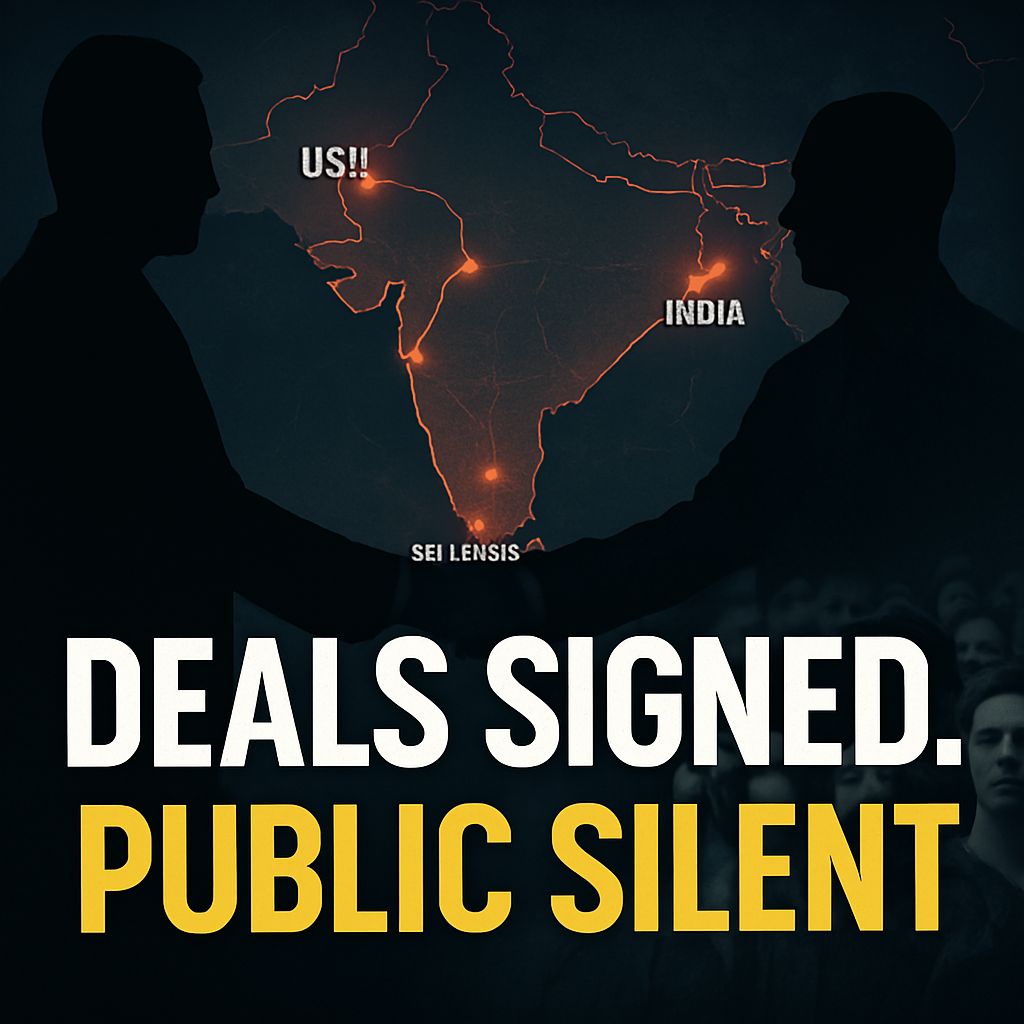In the backdrop of diplomatic smiles and economic deals, a quiet but profound transformation is underway in South Asia. Regional and global powers particularly China, India, and the United States are redrawing influence maps, often without meaningful public debate. The region’s sovereignty, identity, and long-term interests are being reshaped not through war, but through silent strategic maneuvering.
Geopolitical Chessboard
South Asia is no longer a passive zone. As the U.S – China rivalry intensifies and India rises as a regional power, countries like Sri Lanka, Bangladesh, Nepal, and the Maldives are caught in a tug-of-war. China’s Belt and Road Initiative (BRI) has poured billions into South Asian infrastructure, especially in ports, highways, and energy. India, wary of encirclement, has responded with increased diplomatic outreach, investment, and security partnerships.
But where is the local population in this conversation?
Sri Lanka: The Geostrategic Pawn
Sri Lanka is ground zero for this power game. China’s investment in Hambantota Port and Colombo Port City has brought both economic promise and debt concerns. The infamous 99 year lease of Hambantota raised red flags globally, cited as an example of “debt-trap diplomacy.” India, in turn, has pushed for energy, port, and digital infrastructure deals to counterbalance Chinese presence. Recent memorandums and MOUs some signed in silence have sparked controversy over transparency and national interest.
This game is not about development. It’s about control of sea lanes, digital systems, and decision making spaces. And the Sri Lankan people? They often learn about these deals after the ink is dry.

Behind Closed Doors
While investments are publicly announced, the military collaborations, intelligence agreements, and command alignments often remain behind closed doors. China’s joint military exercises with regional armies and India’s strategic defense arrangements with the U.S. are happening in parallel. Most alarming is the gradual alignment of Sri Lanka’s navy under regional or multinational military coalitions decisions made with minimal public discourse.
This subtle loss of sovereignty, masked as “cooperation,” is becoming the new normal.
The Real Danger
The most dangerous element is silence. Silence from the media. Silence from parliaments. Silence from leaders who should be accountable to their people. These are not merely trade deals; they are geopolitical contracts that affect sovereignty, culture, and the future alignment of nations.
South Asian nations risk becoming clients rather than partners—used to check each other rather than uplift each other.
Conclusion: People Must Decide
Change is inevitable. But how it happens and who decides matters. As South Asia transforms, the people must reclaim the narrative. Our leaders must be reminded that no foreign power, no economic benefit, and no diplomatic handshake is worth surrendering a nation’s self-respect or future.
Let the world engage but on our terms. Not through secret pacts, but through public will.




